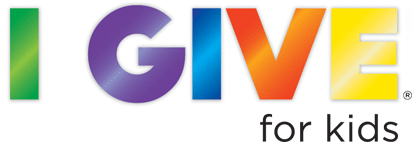
|
|
||||||||||||||||||||||||||||||||||||||||||||||||||||||||||||||||
|
|||||||||||||||||||||||||||||||||||||||||||||||||||||||||||||||||
|
Home | About | Contact | Privacy Statement | | Terms |

|
||||||||||||||||||||||||||||||||||||||||||||||||||||||||||||||||

|
|
||||||||||||||||||||||||||||||||||||||||||||||||||||||||||||||||
|
|||||||||||||||||||||||||||||||||||||||||||||||||||||||||||||||||
|
Home | About | Contact | Privacy Statement | | Terms |

|
||||||||||||||||||||||||||||||||||||||||||||||||||||||||||||||||
